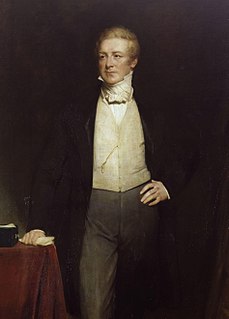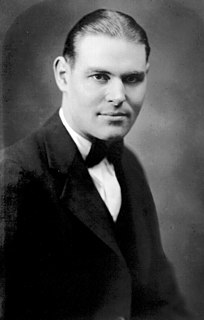A Quote by Rebekah Brooks
We have paid the police for information in the past.
Quote Topics
Related Quotes
The Baathist state did two things extremely well. One was create information-gathering intelligence networks and a filing system. There's actually a lot of information on a lot of people and that is a major achievement of a police state. The second one is the promotion of literature and poetry, and the arts generally. So this is a state that's producing mass police archives - surveillance - and poetry. And in fact a lot of the archives are about what poets are writing or what they should be writing.
I have a former Baltimore City police officer's uniform and his robe and hood. He was the grand dragon, which means state leader. His day job, what paid his bills, he was a Baltimore City police officer, not an undercover officer in the Klan gathering intelligence, but a bona fide Klansmen on the Baltimore City police force.
And with the Occupy Movement, it's really ironic how the police come as representatives and enforcers of the powers that be, even though the people in the Occupy Movement are really on their side - not in terms of their behavior, but in terms of their economic status, in terms of who the police are in society and how much they're paid, and if you boil it down to the economics of it, the police should be out there marching with the Occupy Movement.
Whoever controls the image and information of the past determines what and how future generations will think; whoever controls the information and images of the present determines how those same people will view the past." "He who controls the past commands the future. He who commands the future conquers the past.
A lot of black people worked with the police as snitches. We used to call them bimpees where I grew up. And, you know, they were afforded special privileges. They may have been paid by the police. But you never knew who was informing on you. We lived either next door to or - two doors away from us was a known informant in Soweto.

































